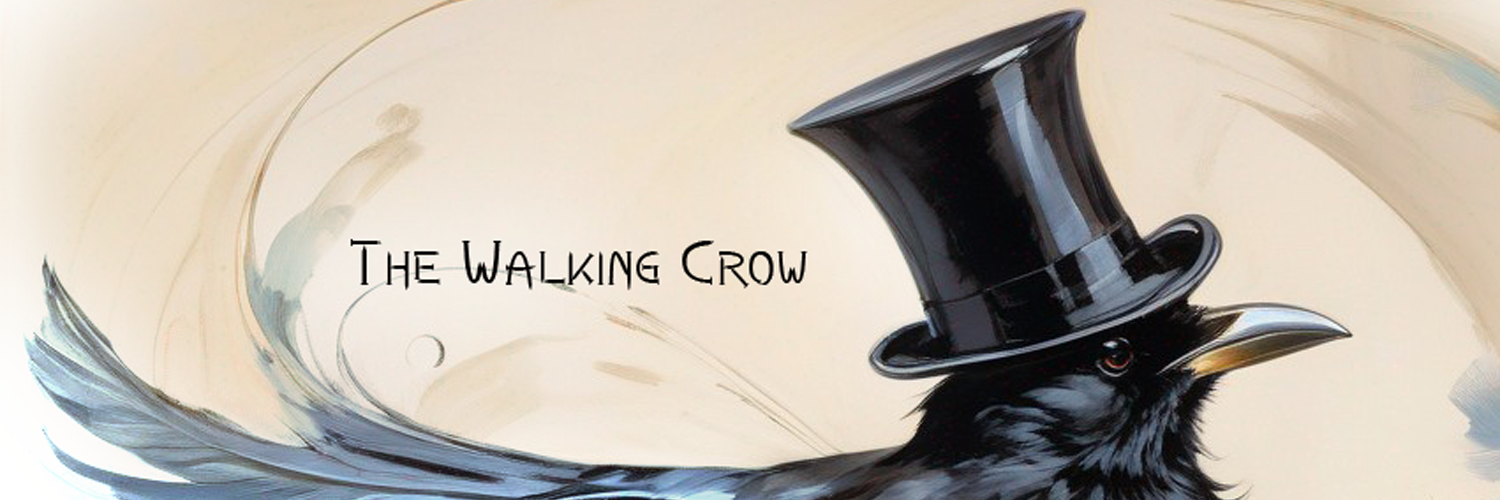This website uses affiliate links, which means we may earn a commission if you click on a link and make a purchase. This does not affect the price you pay.
The Walking Crow's Guide to Plants and Gardening
The African violet, cherished for its vibrant blooms and compact size, is a beloved houseplant that brings color to any indoor space. Despite its common name, it’s not related to true violets but rather belongs to the Gesneriad family.
- Genus: Saintpaulia
- Species: Saintpaulia ionantha
- Growing Zone: Not winter hardy, typically grown indoors year-round.
- Origin: Native to the tropical forests of eastern Africa, specifically Tanzania and Kenya.
- Toxicity: Non-toxic to humans and pets, making it a safe choice for households with children or animals.
- Health Benefits: While its air-purifying abilities are limited, African violets can contribute to a sense of well-being and create a more pleasant indoor environment.
- Soil: Prefers a well-draining, peat-based potting mix specifically formulated for African violets.
- Sunlight: Thrives in bright, indirect light. Avoid direct sunlight, which can scorch the leaves. East- or west-facing windows are ideal.
- Water: Requires consistent moisture but is sensitive to overwatering. Water when the top inch of soil feels dry, using lukewarm water to avoid shocking the roots. Avoid getting water on the leaves, as this can cause spotting.
- Humidity: Prefers moderate to high humidity levels. Increase humidity by misting around the plant (not on the leaves), using a pebble tray, or grouping plants together.
- Temperature: Ideal temperature range is 65-75°F (18-24°C). Avoid cold drafts and sudden temperature changes.
- Fertilizer: Feed with a balanced, diluted liquid fertilizer specifically for African violets during the growing season (spring and summer).
- Repotting: Repot every spring or when the plant becomes rootbound, using a slightly larger pot.
- Grooming: Remove faded flowers and any yellowing or damaged leaves to promote continuous blooming and maintain plant health.
- Propagation: Easily propagated from leaf cuttings.
- African violets are sensitive to over-fertilization and cold water.
- They can be susceptible to pests like mealybugs and aphids.
- With proper care, African violets can bloom almost continuously throughout the year,
********
Search terms: African Violet, Saintpaulia ionantha, Gesneriad, Saintpaulia, plants, hobbyist, collectible, tropical plant, cactus, succulent, genus, species, plant, potted plant, indoor plant, indoor garden, plant bomb, seed bomb, the walking crow, nursery, greenhouse, fertilizer, soil, plant care, plant health, home garden, toxicity, gardening, blooming, leaf, leaves, flower, flowering, water, growing zone, perennial, annual, planting, thewalkingcrow, Rotanist Botanist, sunlight

Thank you.
Latest Blog Posts
This website uses affiliate links,
which means we may earn a commission if you click on a link and make a purchase.
This does not affect the price you pay.











